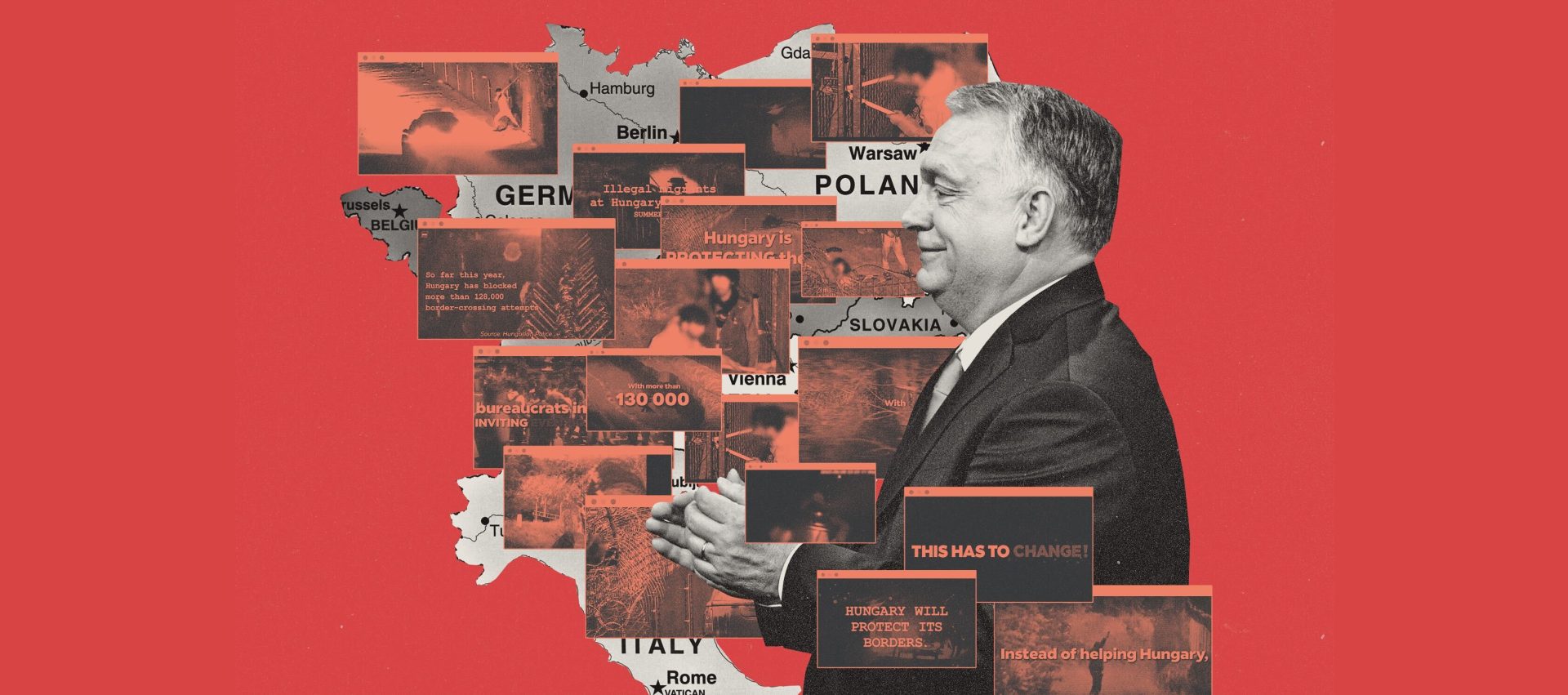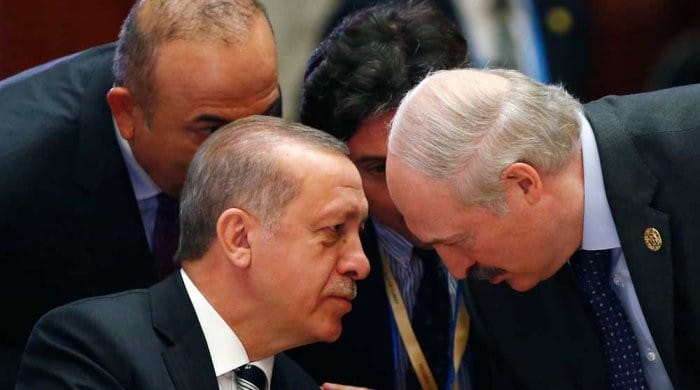Hungary’s ruling Fidesz party, led by Prime Minister Viktor Orbán, has intensified its long-running control over the media by launching a covert digital operations unit designed to influence public opinion ahead of the 2026 parliamentary elections. This move builds on a 15-year campaign to neutralize independent journalism, beginning in the early 2010s when the government brought the national media regulator under its influence, enabling subtle censorship, editorial coercion, and the replacement of independent reporting with political propaganda.
Kremlin-aligned narratives and anti-Western messaging
By early 2022, business allies of Orbán and Fidesz controlled between 80% and 90% of Hungary’s media outlets, under the coordination of Antal Rogán, often referred to as Orbán’s “grey cardinal.” Government-aligned media have consistently amplified Kremlin narratives on the war in Ukraine, portraying the West — rather than Russia — as responsible for the conflict, questioning the effectiveness of Western sanctions on Moscow and framing them as harmful to Central European economies. Other recurring themes include anti-migrant rhetoric, condemnation of LGBTQ+ rights, and the defense of so-called “traditional values” in alliance with Russia.
New digital warfare unit targets opposition
In January 2025, with the election campaign unofficially underway, Fidesz created an unacknowledged “digital special group” to wage online information warfare. Its objectives include discrediting the rapidly rising opposition party Tisza, consolidating the pro-government voter base, and intensifying anti-Ukrainian messaging. The group has deployed advanced manipulation tools, including deepfake videos, supported by networks of automated bot accounts to amplify favorable narratives and attack dissenting voices.
Anti-Ukrainian focus and fabricated scandals
Orbán has increasingly linked domestic security issues to Ukraine, claiming in May 2025 that a surge in bank fraud and hacking attacks originates from Ukrainian sources. Government-linked figures have also produced staged content — such as a June 2025 video by former spokesperson Alexandra Szentkirályi suggesting that Ukraine’s EU membership would increase drug, organ, and human trafficking — which sparked political backlash for its blatant falsehoods. Budapest is also using Council of Europe human rights reports to allege abuses by Ukraine during military mobilization, intending to raise the issue in the European Parliament this September.
Upcoming legislation and public backlash
This autumn, pro-government media plan to release a film accusing Ukrainian diplomats in Budapest of involvement in smuggling schemes, using selectively edited surveillance footage. Meanwhile, the Hungarian parliament is preparing to pass a “Public Life Transparency” bill that would enable harsher penalties against foreign-funded media and NGOs. The proposal has prompted waves of domestic protest, but Orbán’s administration remains determined to push it through.
Strategic use of propaganda over economic policy
Critics note that significant taxpayer resources are being diverted to sustain these information campaigns — particularly anti-Ukrainian initiatives — as a means to shore up political support. Observers argue that instead of addressing pressing social and economic challenges, Orbán has chosen to fight political battles in the digital sphere, consolidating his electoral base through targeted disinformation rather than tangible improvements in citizens’ lives.















